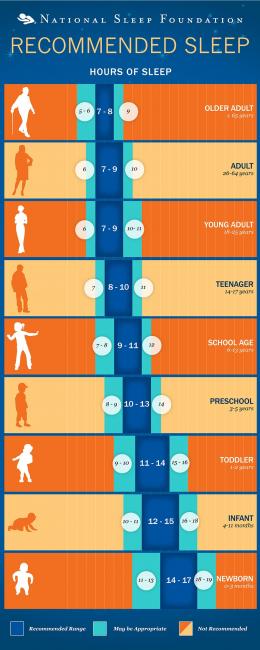

Top Nami (National Alliance on Mental Illness) Helpline Resources
Help can also be sought out from:
1. Parents
2. Teachers
3. Trusted adult
4. Good friends

We are all coming through (and moving beyond) a very challenging period of time and have learned much more about our individual strengths and weak(er) spots. The new LSA Library "Wellness Collection" is a reflection of a wide variety of resources, activities, practices, readings and prayers that can enrich and challenge us to evolve into who we want to be today and in the future. Read, relax, and enjoy! Books with this sticker on the spine are part of this special collection.







MHARI is the Mental Health Association of Rhode Island. MHARI's homepage presents many different articles on topics related to mental health and issues people with mental health issues may face. Their vision is that "all people living with mental health challenges will be treated with dignity and respect and will receive all the support and services needed to live their best lives." Their website even provides Covid-19 resources for anyone who needs them during this time.
Brown University offers "Community Mindfulness Sessions" . These are free and open to the public and meet via Zoom. Some of the sessions they offer include: guided meditation, mindful pause, guided lovingkindness practice, mindful discussion, and more! These are provided to improve mental health during these times.“It's always so nice to be at the Monday night community sit! What a wonderful experience you provide for the public. Thank you!” - KM
ARTICLE: 9 Student Tips to Boost Mental Health and Wellness
Some steps you can take to improve your mental health (especially as a student)
1. Eat Healthy
2. Get Plenty of Sleep

INFOGRAPHIC: (National Sleep Foundation) 2021
3. Be Active
4. Build a Good Support Network
5. Find Hobbies
6. Disconnect from Negativity
7. Volunteer/Help Others
8. Reward Yourself
9. Be Grateful


Eating disorders affect people from all walks of life. Various factors such as social media, societal pressures, and outdated expectations of physical appearances contribute to extreme misinformation on eating disorders. Read below to clarify some basic facts and statistics of eating disorders.
Anorexia Nervosa is characterized by a low body weight, fear of gaining weight, and body dysmorphia. People with anorexia often restrict their diet by cutting out entire food groups, and restrict caloric intake. This leads people with anorexia to experience extreme fatigue, dry skin, hair loss, and dizziness, among more symptoms.
Bulimia Nervosa is a cycle of binging and purging. People with bulimia will often eat until they are full, but feel guilty for eating. They may purge by forceful vomiting, using laxatives, or later restriction of foods.
Binge Eating Disorder is characterized by repetitive instances of eating large amounts of food, then feeling ashamed, anxious, or depressed after they eat.
Other Specified Feeding and Eating Disorder (OSFED) is the clinical term for a disordered relationship with food and exercise that do not necessarily fall into a specific disorder.
Orthorexia is an extreme focus on healthy eating and exercise. It often involves cutting out entire food groups. Those with orthorexia do not restrict foods and spend lots of time exercising intending for negative health consequences, yet they may experience mental health issues and malnutrition side effects.
Avoidant/restrictive food intake disorder (ARFID) is characterized by a wide range of out-of-the-ordinary eating habits, such as the sudden refusal to eat foods previously enjoyed, fears of choking or vomiting, loss of appetite, and reports of stomachaches around mealtimes. People with ARFID do not fear gaining weight, however they may lose a noticeable amount of weight as the disorder develops due to malnutrition.
Rumination Disorder is usually an involuntary physical disorder in which people regurgitate their food repeatedly for a long period of time.
Click the link below to learn about eating disorders and read a Q&A from Kristin Francis, MD.
ARTICLE: University of Utah, 2021: EATING DISORDERS: A COMPLEX YET TREATABLE DISEASE
RESOURCES: Anxiety and Depression Association of America: Tips for Managing Anxiety
